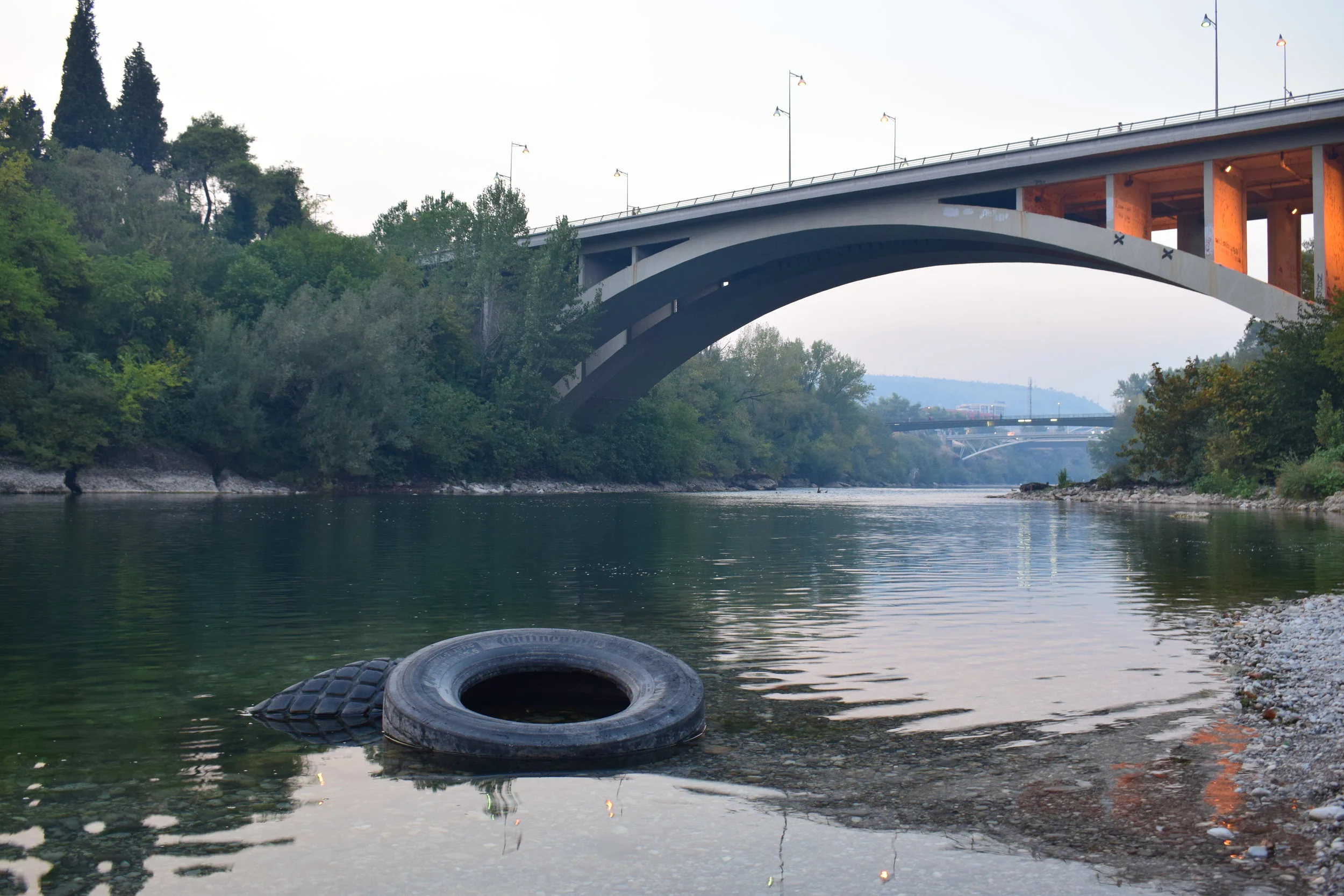Are museums interesting places, or just plain boring?
/Museum of Genocide Victims (KGB Museum), Vilnius, Lithuania. Image credit: Bernt Rostad/Flickr
To me, travel isn’t just an experience. It’s not just a chance to take a few selfies, or get some snaps next to some of the globe’s most well-known places. Nor is it something I do just so I can go and tell everyone about it, though that is an element that does benefit me having a blog, and all.
I believe that travelling is as much of a vacation experience as it is an education – and one that I enjoy, too.
That’s quite the ironic statement coming from someone who was never really interested in school.
If I had wanted to, I could have had top grades at GCSE and A-Level, but I hated being forced to do work I didn’t want to do, taught by teachers (well, the majority) who only seemed to care about either those who misbehaved or those who encamped firmly in their rectal passages.
I also wasn’t interested in doing any revision – which should, by the way, be a forbidden phrase.
Much of the curriculum was disengaging, boring and, at times, illogical. But that’s probably down to having to pander to a majority rather than catering to the needs of all. Like putting a square peg into a round hole, only it fits.
It would perhaps be fair to attribute a small portion of the blame, however, to my personal interests developing over time.
Gone are the days when WWE wresting was one of my main interests. Now I want to learn more about World War II, more about the Soviet occupation of eastern Europe, more about different cities, countries, continents and cultures.
One of the best ways to learn more about the world around me, other than sitting behind a computer screen, is to visit museums.
Museums are everywhere and cover a diverse range of subjects. Have you ever heard of Southport’s Lawnmower Museum? Well, you have now, and it’s a testament to the weird and wacky temples of information that can be found on even the most specific topics.
Yes, there is a museum in dedicated to lawnmowers - the British Lawnmower Museum - in Southport. Tempted? Image credit: Rept0n1x/Wikimedia Commons
One of my first visits to a museum was when I was around four or five years of age and my Grandad took me to the Merseyside Maritime Museum where I put a ship in a bottle, and enjoyed the interactive exhibitions that were on display.
Though, sadly, a fondness for these places is not shared by all. When I made an itinerary before travelling to the Baltic states and Finland this summer, my girlfriend noticed an abundance of museums on the list. Suffice to say she wasn’t impressed.
To be fair to me, it probably averaged out at a museum a day which, when you consider it, isn’t all that bad. Though for someone who isn’t too keen on them, you can’t blame them for being a little miffed.
Take the Eiffel Tower, for example. You could go to a museum that tells you more about it, how it was made, eccentricities and other facts. But can it match seeing the thing in person? Absolutely not.
But it’s important to learn about these things. Wider research around a topic not only provides context and generates a better understanding, but knowledge can also give its recipient a greater appreciation for something.
A good example of this is Vilnius’ KGB museum, or Museum of Genocide Victims. Prior to my visit, I knew a little about the Soviet Union, but nothing in great detail.
This particular museum, housed inside the former KGB (a Soviet security agency) headquarters in the Lithuanian capital, covers the Baltics’ story from the end of the war to the occupation and implementation of communist ideals right through to the country’s independence victory and its aftermath.
Not only did it have walls and walls of text detailing the story at length, but we were able to see the inside workings of the KGB, and the conditions under which prisoners were kept.
An old-school KGB phone, inside a room with soundproofed walls. Image credit: Mikko Vento/Flickr
This included access to offices with soundproofed walls, various spy devices used by the KGB to keep tabs on the public and defectors, as well as the execution room in the basement and the prison cells in which inmates were held.
One of the cells used by the KGB to house prisioners who resisted, or were mentally deranged after torture. The walls and floor are padded. Image credit: Martin Konopacki/Flickr
It was an eye-opener to just how bad things were for the general public living under the Soviet regime, and taught me a lot of stuff that I didn’t already know.
Maybe things like that are a little boring to some. Maybe it is a far cry from skydiving, paragliding, deep sea diving or whatever other extreme recreational activities there are out there.
And in the United Kingdom, unlike other countries, most museums are free, which is definitely worth taking advantage of. Next time you're stuck for something to do, check out local museums you can visit - or even venture further afield.
But museums can be fun, cool and interesting and they should be a vital part of any traveller’s education.




















Whilst COVID-19 takes lives across the globe, this is the real tragedy (not).